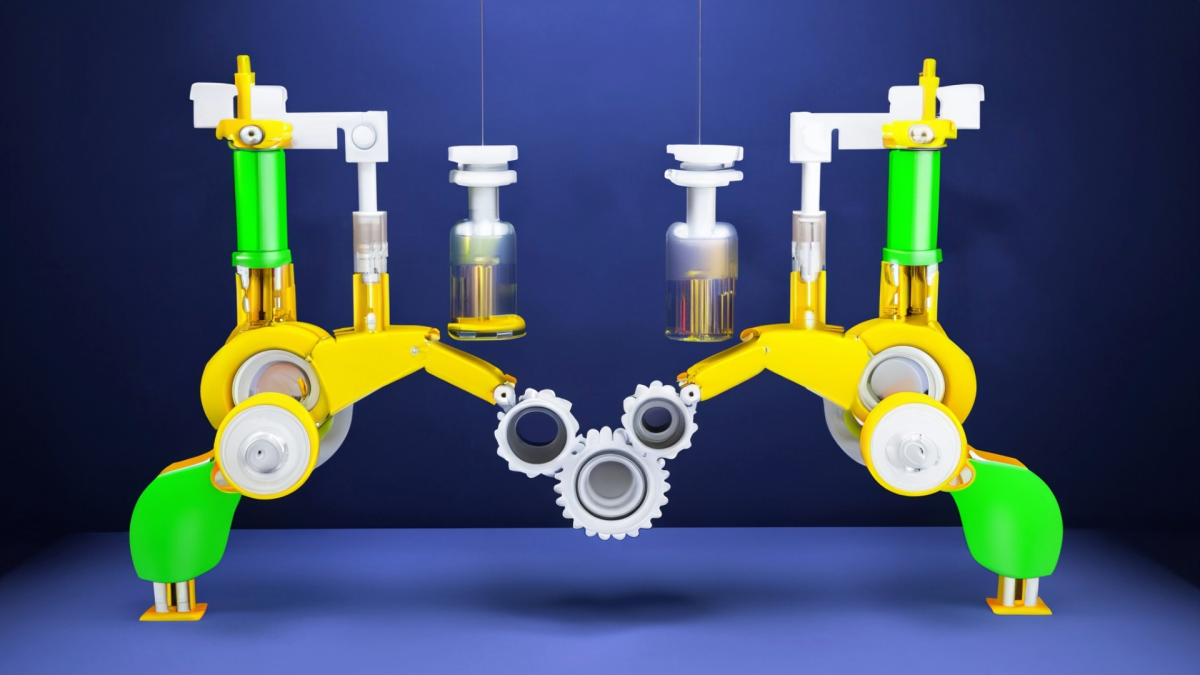
Grades:
8th Grade, 9th Grade, 10th Grade, 11th Grade, 12th Grade
Barbie is an adventure seeker to the max! She loves the thrill of death defying activities. She believes the adrenaline rush makes her hair more lustrous and keeps a brilliant smile on her face; so






